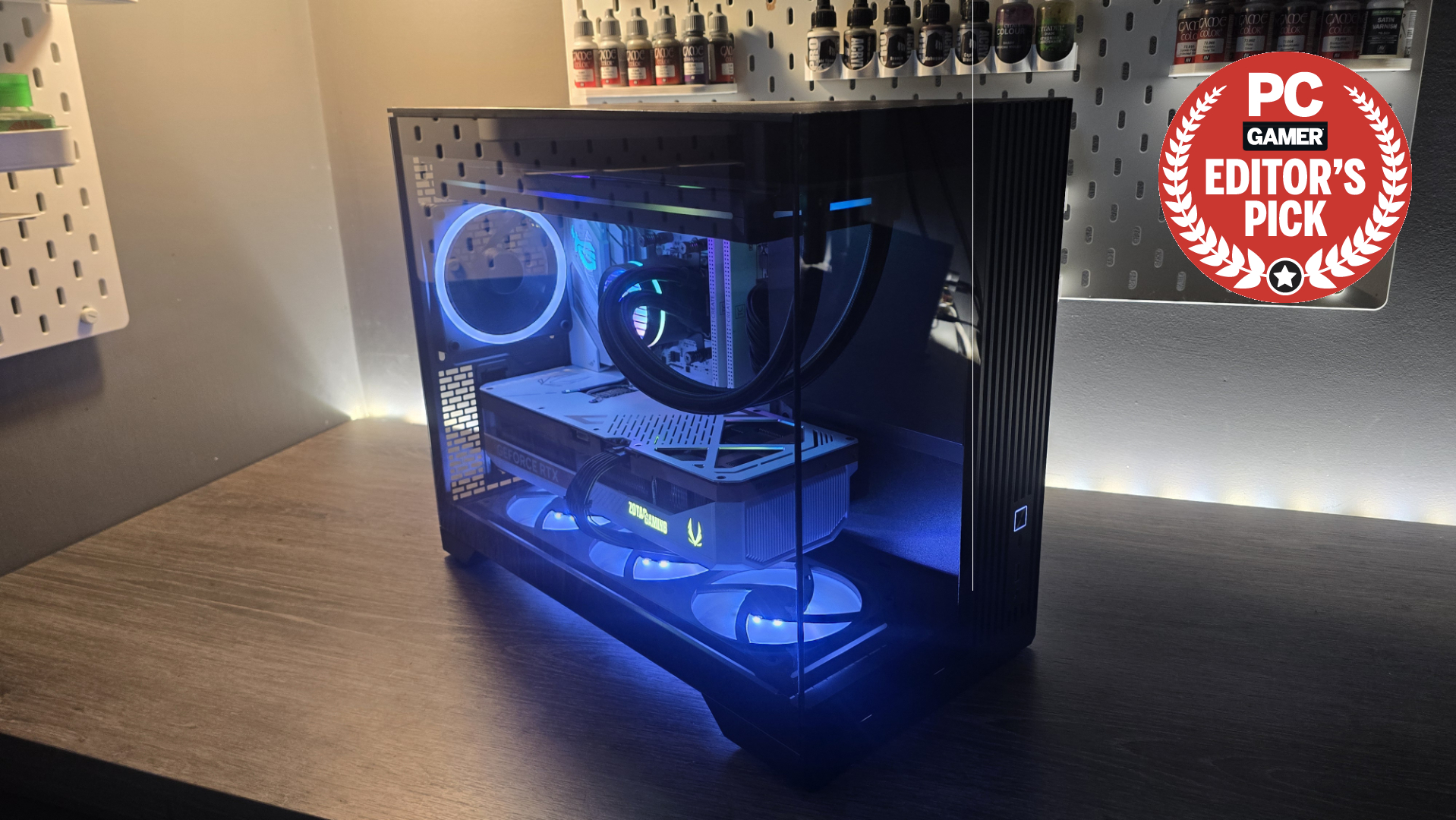Phil Spencer says Microsoft really wants Activision for mobile and PC games
Call of Duty is great but mobile is where the money is.
Keep up to date with the most important stories and the best deals, as picked by the PC Gamer team.
You are now subscribed
Your newsletter sign-up was successful
Want to add more newsletters?
It would be reasonable to think that Microsoft's pursuit of Activision Blizzard was driven to a significant degree by Call of Duty. It's one of the biggest game series on the planet, after all, a perennial money-maker that just can't seem to lose, even after over a decade of yearly releases. But in an interview with Bloomberg, Xbox boss Phil Spencer said what really drove Microsoft's interest was mobile games and, to a lesser extent, PC.
"The biggest gaming platform on the planet is mobile phones. One and a half billion people play on mobile phones," Spencer said. "And I guess, regretfully as Microsoft, it's not a place where we have a native platform. As gaming, coming from console and PC, we don't have a lot of creative capability that has built hit mobile games.
"One thing about the videogame space is, if you've been around maybe too long, you know most of the creators out there. So you kind of know teams that could be a good fit in terms of what we were trying to do. But we really started the discussions, internally at least, on Activision Blizzard around the capability they had on mobile, and then PC with Blizzard. Those are the two things that were really driving our interest."
It's an especially interesting point because Call of Duty is popularly seen as a major potential obstacle to regulatory approval of Microsoft's acquisition of Activision Blizzard. Microsoft was recently forced to respond to allegations from Sony that Call of Duty games are so "essential" that they can influence console purchasing decisions. In light of that, it's understandable that Microsoft might want to minimize the role that Call of Duty played in driving the deal.
Mobile genuinely is where the money is at, though. Activision Blizzard revealed in its Q2 2022 financial report that more than half of the total revenues it earned in the quarter came from mobile games—$831 million in all. That's more than PC and console revenues combined, and a dramatic leap from the same quarter in the previous year, when mobile revenues accounted for 35% of the total. And while both PC and console revenues were down on the quarter, mobile revenues managed a small amount of growth.
Interestingly, the vast majority of those mobile revenues come from the silent "K" in Activision Blizzard: King, the mobile developer Activision acquired in 2016, which reported total quarterly revenues of $684 million—more than 82% of the total. But the move to mobile is spreading. Diablo Immortal is a hit despite furious backlash from mainstream gamers, Call of Duty Mobile is maintaining a steady audience, and work is continuing on mobile version of Call of Duty: Warzone and Warcraft: Arclight Rumble.
Microsoft's acquisition of Activision Blizzard cleared its first regulatory hurdle earlier this week when Saudi Arabia's General Authority for Competition (GAC) gave the deal an official green light. The deal is still being investigated by more significant regulatory bodies, however, including the US Federal Trade Commission and the UK's Competition and Markets Authority. The general consensus is that the deal will ultimately be approved, but some US politicians have been critical of the role played by Activision Blizzard CEO Bobby Kotick, who remains under fire for his handling of allegations of widespread misconduct at the studio, and how he will benefit from a "golden parachute" under the terms of the deal.
Keep up to date with the most important stories and the best deals, as picked by the PC Gamer team.
What role Kotick will play at Activision Blizzard if the acquisition is completed, if any, remains an open question for now: Spencer declined to comment on whether Kotick will remain, saying that until the deal closes he's "not really in a position to say" how the company is managed.

Andy has been gaming on PCs from the very beginning, starting as a youngster with text adventures and primitive action games on a cassette-based TRS80. From there he graduated to the glory days of Sierra Online adventures and Microprose sims, ran a local BBS, learned how to build PCs, and developed a longstanding love of RPGs, immersive sims, and shooters. He began writing videogame news in 2007 for The Escapist and somehow managed to avoid getting fired until 2014, when he joined the storied ranks of PC Gamer. He covers all aspects of the industry, from new game announcements and patch notes to legal disputes, Twitch beefs, esports, and Henry Cavill. Lots of Henry Cavill.


